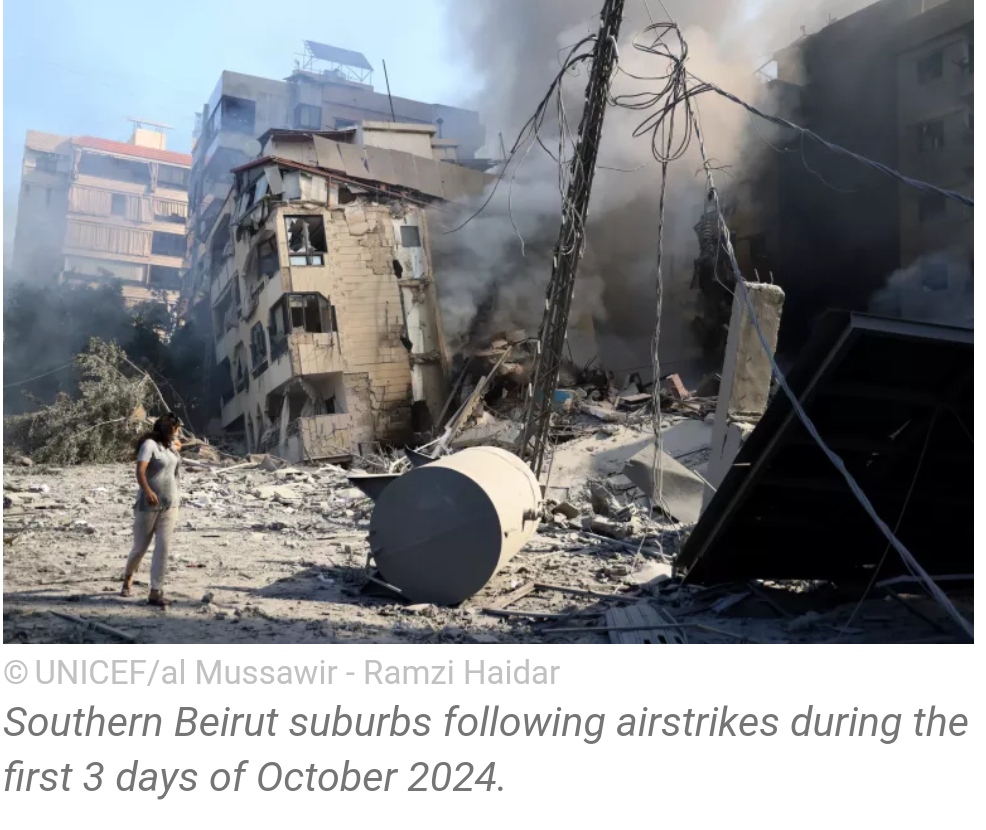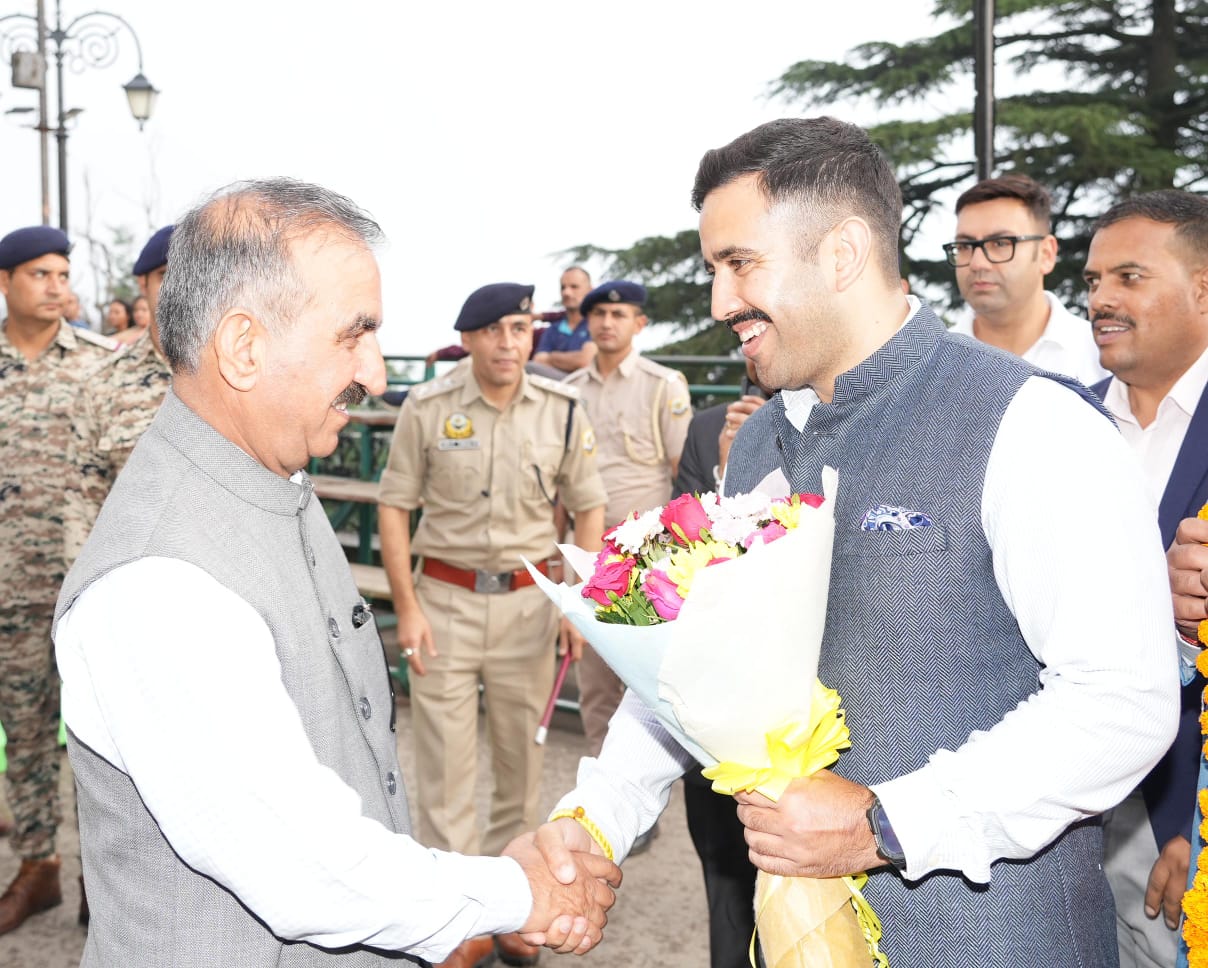Children in Lebanon Face Escalating Health Risks Amid Ongoing Conflict and Disruption of Services.
Beirut:
As conflict in Lebanon intensifies, children are increasingly at risk of severe health and protection issues, including waterborne diseases such as cholera, hepatitis, and diarrhea. The ongoing bombardment has damaged essential services, leaving families without access to safe water and medical care.
At least 28 water facilities have been impacted, disrupting water supply for over 360,000 people, primarily in the southern regions of the country. The full extent of the damage remains unclear, as many areas are inaccessible to repair teams due to ongoing violence.
In addition to water supply issues, numerous schools, hospitals, and healthcare centers have also suffered damage. Currently, six hospitals are completely out of service, and five are only partially operational, according to the Lebanese Ministry of Public Health.
UNICEF Lebanon Representative Edouard Beigbeder emphasized the dire situation, stating, “As the frequency and intensity of the bombardments in Lebanon increases, extensive damage to essential infrastructure has been recorded. This is disastrous for every child in Lebanon.” He called for the protection of humanitarian personnel and civilian infrastructure in accordance with international humanitarian law, highlighting that children are suffering as these laws are being disregarded.
With humanitarian agencies estimating that one million people require access to health, water, and sanitation services, the needs of families continue to rise. In urban areas like Beirut and Mount Lebanon, displaced families are struggling to find adequate water, shelter, and supplies, with an estimated 400,000 children displaced.
The lack of safe water exposes children to severe health risks, including cholera and dehydration. Reports of scabies and lice are already emerging in overcrowded shelters, and there are concerns about respiratory infections as colder, wetter weather approaches. Thousands remain on the streets without sufficient shelter or clothing.
The conflict has also led to increased protection risks for children, including separation from their families. Since October 8, 2023, UNICEF and its partners have identified 67 unaccompanied and separated children, successfully reuniting 65 with their families. School closures further compound these risks, exposing children to injury, abuse, and child labor.
UNICEF has called on all parties to prioritize the protection of children and adhere to international humanitarian and human rights laws. “Above all else, the children of Lebanon need a ceasefire,” Beigbeder stressed, underscoring that only a ceasefire can ensure the safe delivery of much-needed aid.



